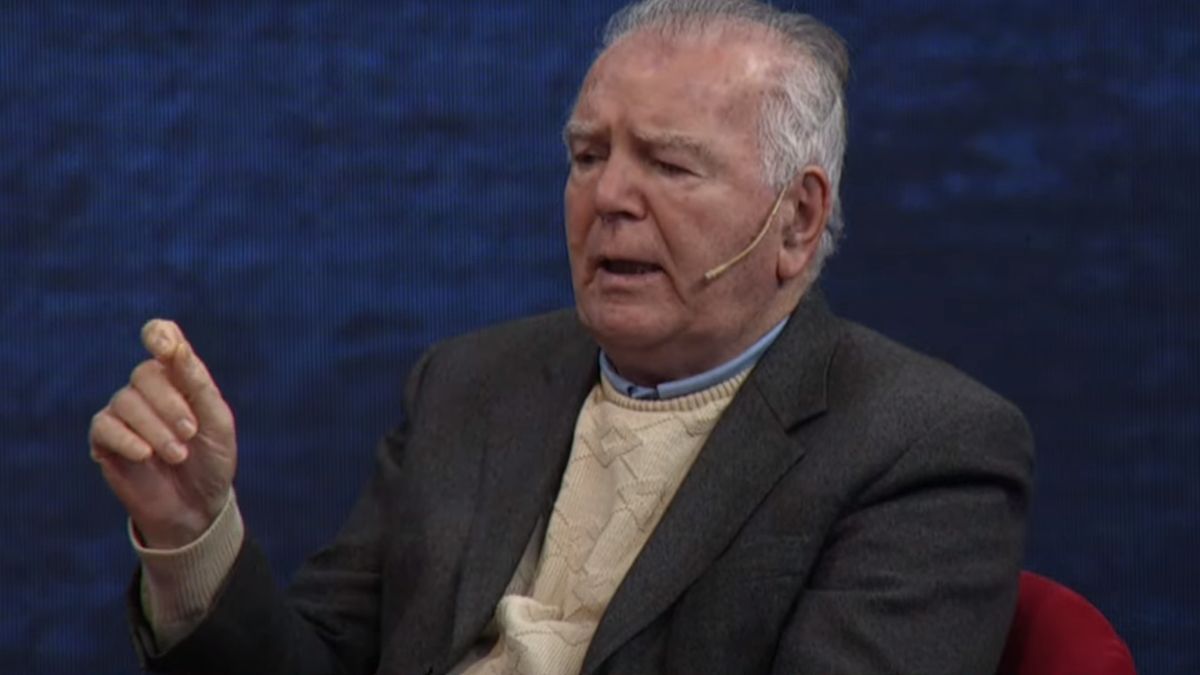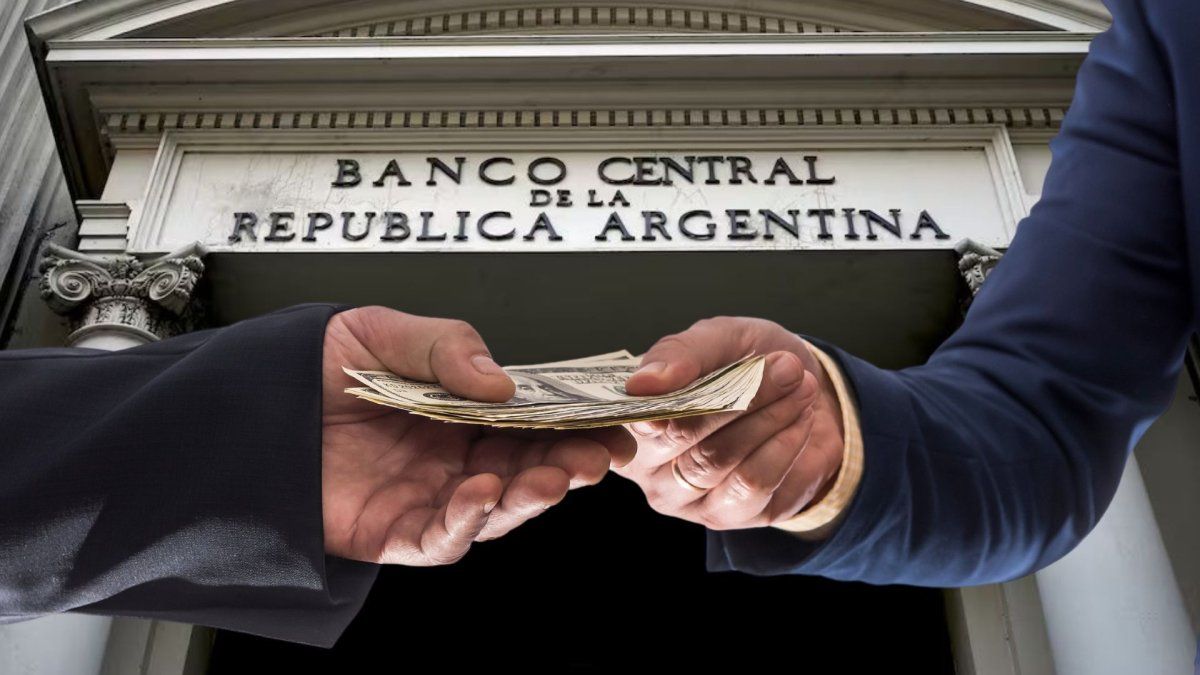There will be a final negotiation with Verdi just before the end of the year. The HDE sees itself well prepared with an improved offering. Will the plan work?
In the collective bargaining dispute in the retail sector, the Verdi union wants to stick to the announced warning strikes despite a new negotiation date. “The current nationwide strikes this week until Christmas Eve will remain unaffected by the negotiation date in Hamburg,” said Verdi. “They will continue to take place as planned.”
The leading retail association had previously announced that it wanted to make a new attempt at agreement on December 28th after more than 60 unsuccessful collective bargaining rounds in the various collective bargaining areas and an unsuccessful top-level discussion.
“It’s good that the employers have accepted our suggested date and want to come back to the negotiating table this year. Because if you don’t talk, you can’t find a solution,” said Corinna Groß, head of the retail sector at the Verdi Federal Executive Board.
“What’s not so good is that they are blatantly threatening us that this is the last chance for an agreement,” added Groß. A conclusion is only possible with a further improved offer. “We do not accept collective bargaining dictates! We are therefore now assuming that the employers will make a move and hope that we can come to a conclusion for the employees in the Hanseatic city.”
The German Trade Association (HDE) described the date as the “last opportunity for an agreement this year”. The collective bargaining dispute in retail has been going on for many months – repeatedly accompanied by strike action by the union. Verdi is demanding, among other things, at least 2.50 euros more per hour in retail in all regions and a term of one year. Depending on the federal state, there are additional requirements. At the end of November, representatives met at a top-level meeting at the federal level, but this ultimately did not lead to any progress.
Deadline by the end of the month
According to HDE, the basis for the negotiations should be the offer that was last improved in November. Accordingly, the employers are offering a tariff increase of a total of 10.24 percent over the offered term of 24 months. In addition, the offer includes an inflation compensation bonus of 750 euros and a minimum wage according to the collective agreement. “This offer is only guaranteed until December 31, 2023,” is an ultimatum from the employers.
The employers’ side accuses the union of merely repeating its initial demands, which meant average wage increases of around 15 percent for twelve months. “In the past few months of collective bargaining, Verdi has raised the expectations of its members too high,” said HDE collective bargaining manager Steven Haarke. “The gap is therefore too large compared to what retail companies can manage financially given the general consumer reluctance.”
According to HDE, the offer contains all the components needed for a short-term collective agreement, which is increasingly being confirmed by the workforce and even by members of the Verdi negotiating commission. “The background is certainly the growing concern that negotiations will take place under new circumstances in the new year,” said Haarke. “The employees realize that some companies will look for their own solutions, that collective bargaining policy could remain unresolved in 2023 and that, with inflation falling, the previous offer in this form is no longer available.”
Source: Stern




